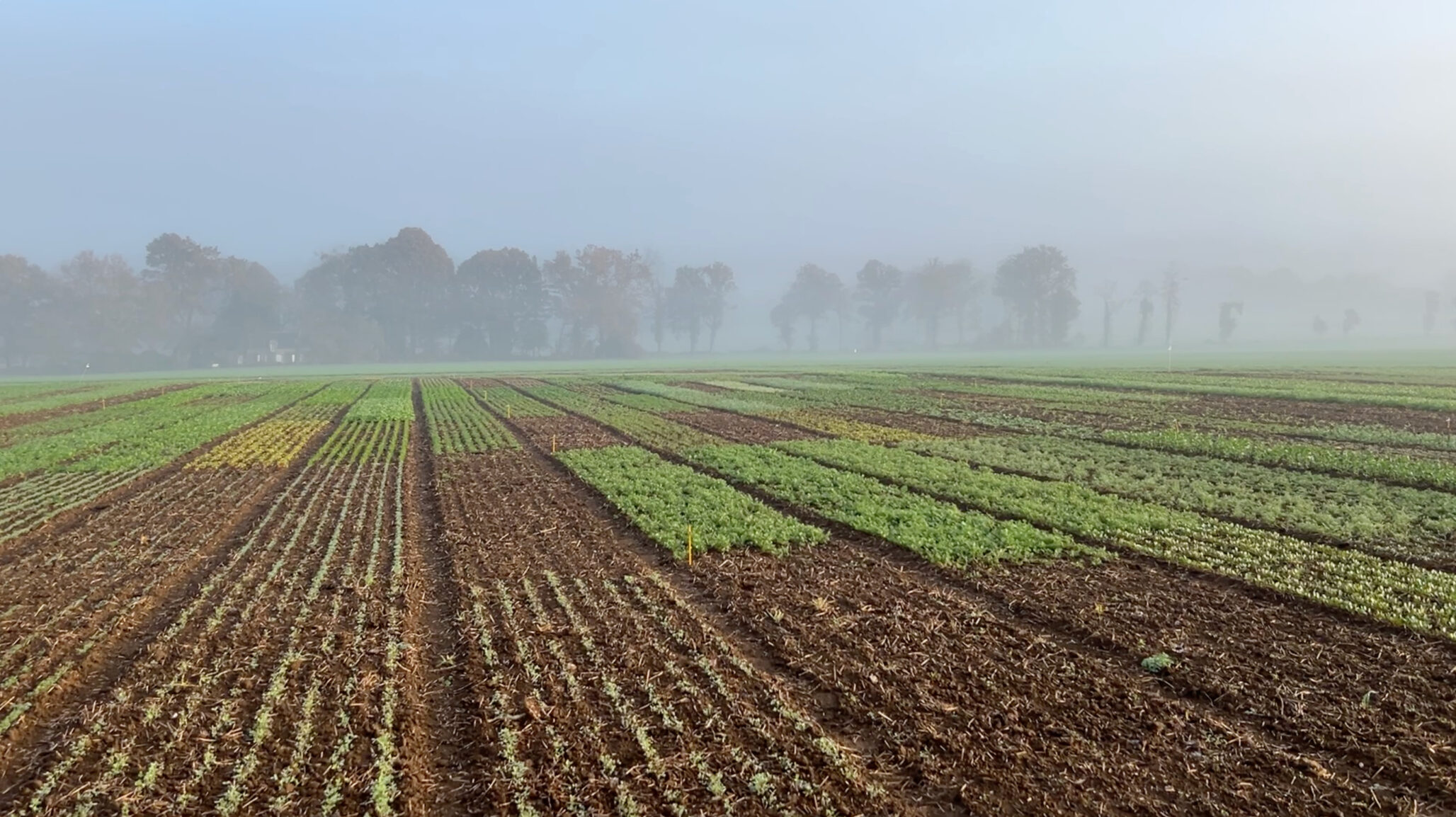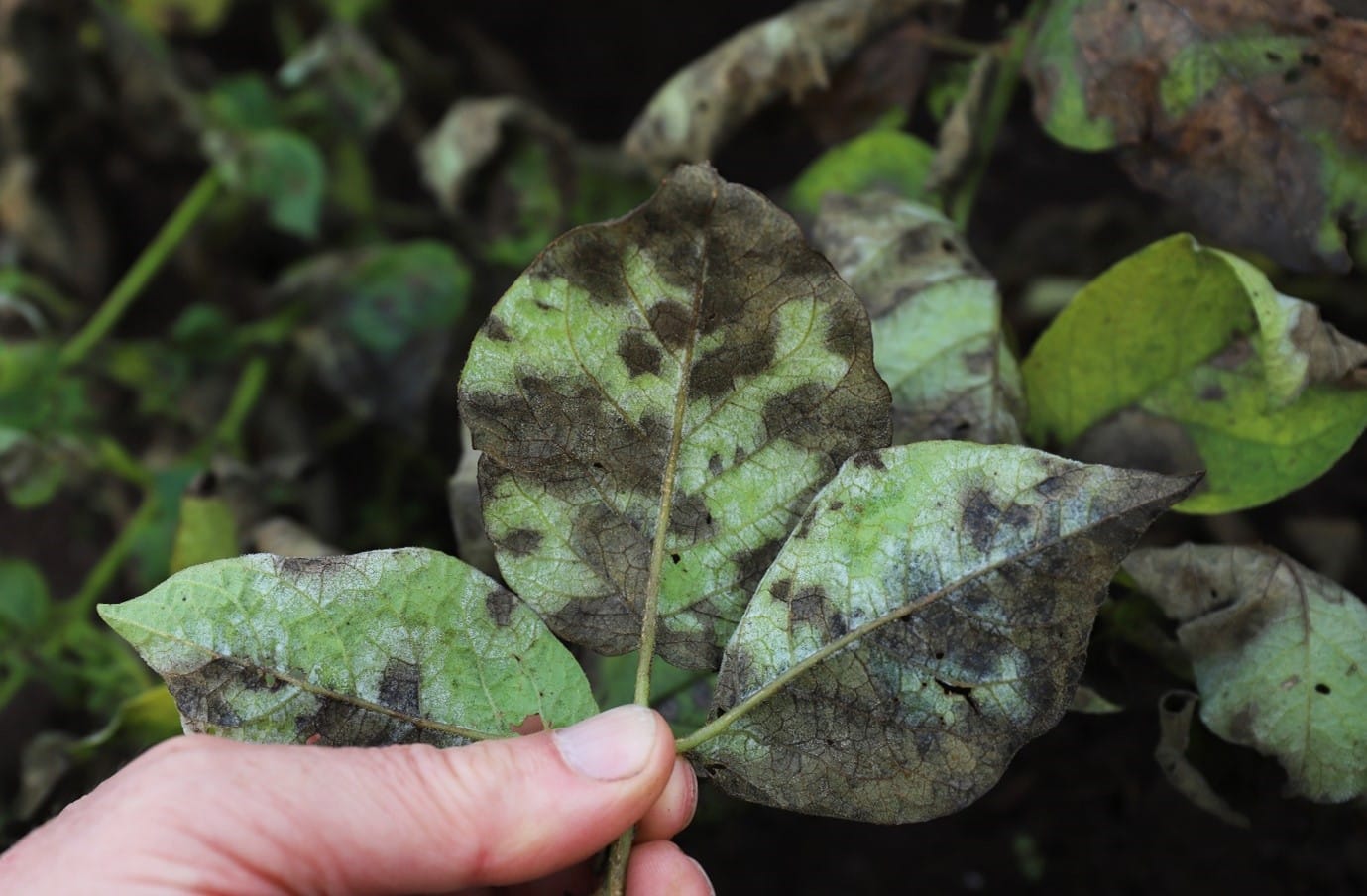Scientists of the James Hutton Institute will meet with European colleagues to discuss all scientific aspects of diversifying agricultural and food systems, on the practical implementation of crop diversification in value chains and on policy-related issues, during the first European Conference on Crop Diversification (Budapest, Hungary, 18-21 September 2019).
The temporal and spatial diversification of crops through practices such as rotation, multiple cropping, or intercropping constitute key pillars of the transition towards agroecology. However, diversified farming systems will only emerge if clear benefits to farmers and society can be demonstrated, value chains are fully engaged, and crop diversification is supported by policies.
The conference will address the following themes: benefits and practical experiences of crop diversification; incentives to promote diversification along value chains; approaches to assess the performance of diversified cropping systems at various scales; approaches that foster crop diversification and accompany actors when transitioning towards sustainable systems; and policy recommendations to make systems more disposed to crop diversification.
The event is a unique opportunity for scientists, practitioners, policymakers and other actors along the supply chain to gather and exchange about crop diversification. The conference programme includes:
- Presentations from five keynote speakers with a wealth of knowledge and experience in agricultural and food system diversification
- Almost 20 parallel sessions, which touch on hot topics such as valuing crop diversification products and designing and optimising interspecific mixtures
- Three workshops addressing how to promote crop diversification across Europe, new governance solutions for legume-based food systems and opportunities and challenges in breeding for crop mixtures, and
- More than 75 posters presentations.
The conference is convened by the DiverIMPACTS project together with the other members of the Horizon 2020 Crop Diversification Cluster: Diverfarming, LegValue, DIVERSify, ReMIX, and TRUE, the latter led by the James Hutton Institute. Drs Ali Karley and Pete Iannetta, both based based with the James Hutton Institute’s Agroecology sub-group of Ecological Sciences, are the coordinators of DIVERSify and TRUE, respectively.
The Crop Diversification Cluster was created with the objective to foster the co-design of technical, organisational and institutional innovations so that barriers to crop diversification can be overcome and diversified systems can be established and sustained.
Source: James Hutton Institute












